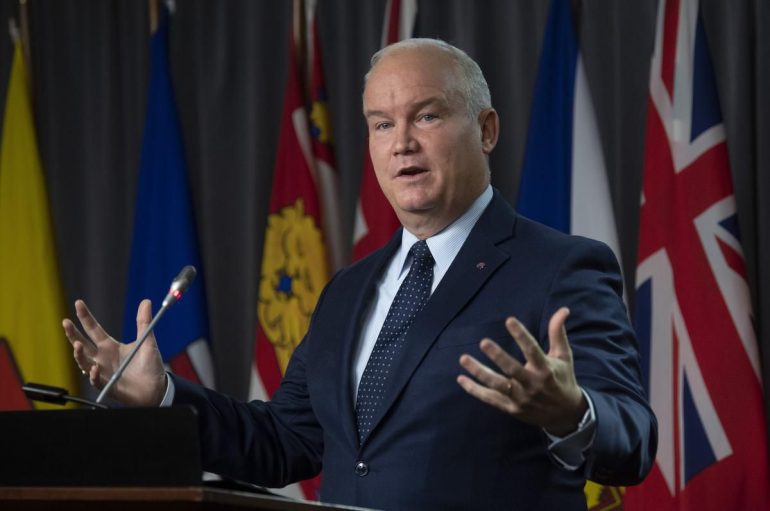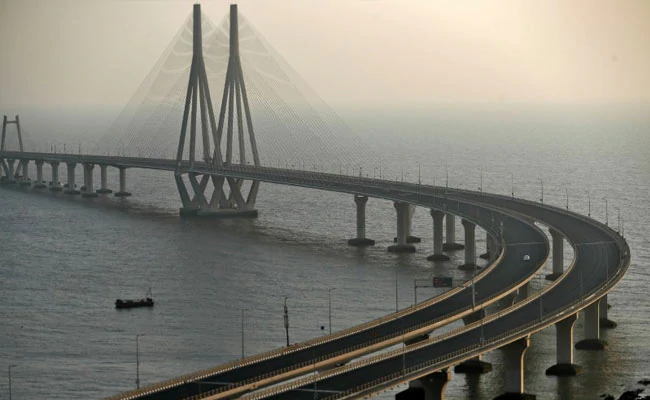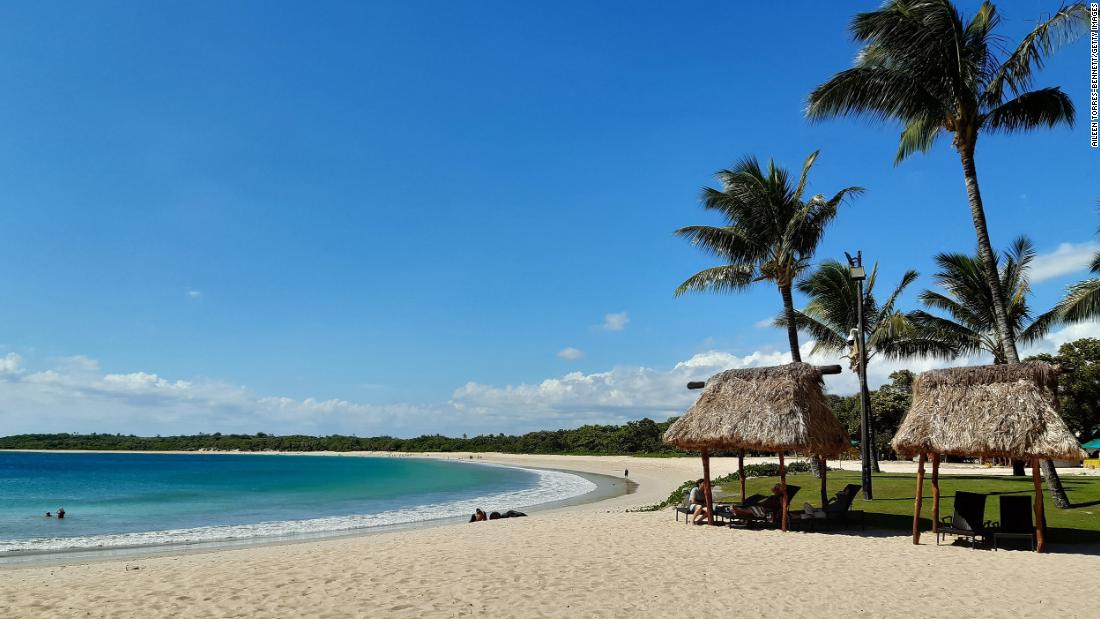OTTAWA – The battle for an elusive five per cent of Canadian voters has begun.
That’s a crucial gap that Conservatives need to close when it comes to expanding their big blue tent.
While there’s no federal election for now, Conservative Leader Erin O’Toole is making a deliberate play for the “middle-class-and-those-working-hard-to-join-it” demographic that handed two electoral victories to Justin Trudeau’s Liberals.
In two recent pitches – one via a Labour Day video and one in a big speech to the Canadian Club on Friday – O’Toole used a plain-speaking, let’s-be-honest-here, economically populist appeal to reintroduce himself and reframe Conservatives for the next campaign.
He outlined a vision for what he calls “common good conservatism” that’s heavy on family, community and patriotism.
“While the Liberals want to ‘build back better,’” said O’Toole on Friday, “Conservatives will build back stronger, smarter, more inclusively.”
He offered few policy details, no job creation plan, and cited no fiscal targets.
Instead, O’Toole is making a clear appeal to working Canadians, to unionized workers, to those who don’t have a shot at a unionized job with a pension and benefits, to those living outside the power centres, and to “reasonable” people who want Canada’s economy to recover before Ottawa takes on ambitious “green” projects that O’Toole suggests will leave even more Canadians behind.
With his “everything is not OK” declaration, O’Toole places himself squarely on the side of those Canadians who are struggling through the health and economic crisis of the pandemic.
With “I’m from Bowmanville,” he dons an everyman cape and takes up the cause of suburban and rural areas of Canada where industry had already been “hollowed out” before the pandemic.
And with his “GDP growth alone is not the be-all and end-all,” O’Toole is saying he gets it – the economy has to work for people, not just the spreadsheets.
O’Toole bemoaned the decline of private-sector unions – saying they were an “essential part of the balance between what was good for business and what was good for employees” before re-upping his hawkish take on China, especially Canada’s overreliance on Beijing for masks, medication and ventilators.
Peppered throughout the speech was an us-and-them dynamic.
“Middle-class Canada has been betrayed by the elites on every level: political elites, financial elites, cultural elites,” O’Toole said. “These elites have only one set of values centred on unchecked globalization (and) political correctness, while middle-class Canadians have had another set rooted in family, home and nation.”
Lobbyist and Conservative strategist Chad Rogers said O’Toole’s speech, his refusal to be ideological about deficits and his pitch to the middle class are a smart political play that shows he’s unwilling to engage with Trudeau’s attempts to bait him on social-conservative issues like conversion therapy. “On climate and gays,” said Rogers, O’Toole is saying, “I’m not going to fight with you.”
“This is how you run a solid Conservative campaign and has been true, frankly, since Mike Harris figured it out in ’95.”
It’s a canny pitch. And the Liberals are paying attention.
Loading…
Loading…Loading…Loading…Loading…Loading…
Senior Liberal strategists who spoke on condition they not be named recognized O’Toole is out to eat their lunch, and aiming for middle-class voters.
One welcomed a battle with O’Toole on “our agenda,” confident that the Liberals have kept a focus on the needs of ordinary Canadians. He said the Liberal party understands it has to continue to earn that support, but suggested the Conservatives won’t be able to reinvent themselves after policy moves by the Harper government that undermined unions’ ability to organize.
A second senior Liberal said O’Toole cannot simply cast the Liberals as somehow captive to a “radical green agenda” because the last election showed a broad swath of Canadians believe political leaders need a credible plan on climate change, which he says the Liberals have and the Conservatives don’t.
“Nobody is going to say, ‘Go green at all costs,’” said the Liberal. “I think for most people that’s not what this is. But if you’re going to be doing infrastructure spending, how about making it sustainable … (The Conservatives) say they’re going after that broad-based middle-class vote but they still haven’t learned how to appeal to it, I don’t think.”
However one former Liberal government adviser now working in the private sector cautioned the Conservatives have potential to grow their support because the Liberals have left themselves vulnerable on jobs and the economy, with a tall promise to create 1 million jobs, but few details on how they’ll do that.
Former Conservative leader Stephen Harper staked out much the same ground, appealing to “bread-and-butter” unionized workers in his effort to broaden the party tent. Sean Speer, a former adviser to Harper, says O’Toole is not simply trying to replicate Harper’s outreach. Much in the political landscape has changed since then, and O’Toole’s Conservative team has taken stock of a political realignment that has happened for centre-right parties across several advanced economies, particularly Britain, he said.
“The parties on the left are increasingly urban, professional, educated electorates. And centre-right parties are increasingly representative of rural, people without university or college education, typically people who work in what you might call the goods-producing part of the economy.”
Speer said Boris Johnson’s election in the United Kingdom is probably the best example of a conservative party not just observing that realignment but “actually leaning into it and trying to hasten it because there was a view that … if they could pull more traditionally non-Conservative voters into the Conservative party tent, they would win.” The success of that strategy was the breaking of the so-called “red wall” in working-class regions in the midlands and north of England where voters had long voted for Labour but were swept by Johnson’s campaign last December.
The Conservative Party of Canada has a strong base of dependable support, around 30 per cent of voters, but it “has what you might call a five-per-cent problem where it needs to raise its electoral ceiling by something like five percentage points if it wants to be competitive on a sustainable basis against the Liberals,” Speer said.
He said O’Toole’s team looks like it is thinking “we may be able to find our missing five per cent by leaning into these issues of the working class, speaking to the aspirations, interests and concerns of people in the goods-producing economy.”
He said one question is whether O’Toole will be “disciplined enough” to retain that focus to try and bring them into Conservative party tent, and on the other hand, how he will express their concerns as part of a policy platform, especially when “the conventional Conservative view on deficits and trade and all these other issues remain part of the Conservative DNA.”

Devoted web advocate. Bacon scholar. Internet lover. Passionate twitteraholic. Unable to type with boxing gloves on. Lifelong beer fanatic.





